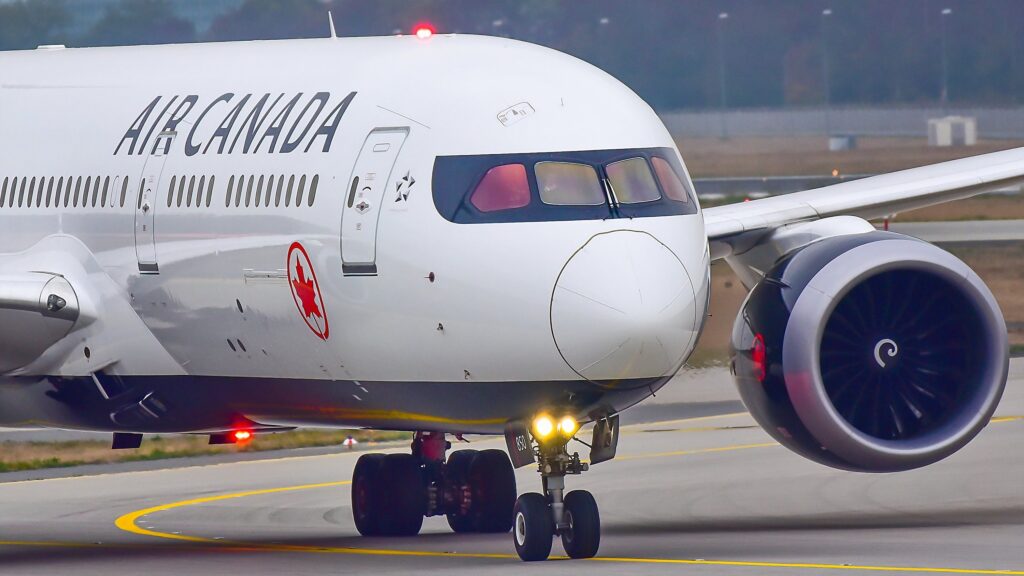
Air Canada’s financial position has been significantly impacted following a flight attendant strike that occurred in August 2023. The Canadian airline estimates that the strike, which began on August 16, led to the cancellation of over 3,200 flights and has cost the company approximately $270 million (CA $375 million). This disruption has forced Air Canada to adjust its earnings forecast for the financial year, now projecting revenues of up to $2.23 billion (CA $3.1 billion), as reported by the Financial Post.
Based in Montreal, Air Canada operates from three primary hubs: Montréal–Trudeau International Airport (YUL), Vancouver International Airport (YVR), and Toronto Pearson International Airport (YYZ). The strike was initiated by more than 100,000 flight attendants, crippling operations and leading to substantial financial losses.
Impacts of the strike extend beyond flight cancellations, as Air Canada faces the burden of customer refunds and compensation claims. According to estimates, the airline is liable for over $47 million (CA $66 million) in compensation to passengers affected by the strike-related disruptions. This situation has created challenges for claimants due to Canadian legal stipulations surrounding compensation.
Financial Implications and Customer Compensation
The airline’s financial woes are exacerbated by a 2% dip in booking demand observed in August, as noted by Travel Mole. While Air Canada has managed to mitigate some losses through savings on jet fuel, it must still account for a one-time charge of $125 million (CA $175 million) related to pensions and labor expenses.
The Canadian Union of Public Employees (CUPE) had issued a 72-hour strike notice on August 13, prompting the mass walkout. Initially, union leaders reached a tentative agreement with Air Canada; however, members voted against the deal, leading to arbitration between the two parties. The strike marked a significant moment, as CUPE members were the first union to resist a federal return-to-work order, reflecting widespread discontent over wage disputes.
Zohair Khan, co-founder and chief operating officer at Airfairness, highlighted the global ramifications of the strike. He remarked, “I don’t think people realize the number of travellers in the air at any given day of the year – three days and over half a million people impacted around the world.”
Passenger Rights and Expectations
Air Canada passengers whose flights were canceled or delayed by more than three hours are entitled to travel change options or refunds for unused tickets. In cases where cancellations were within the airline’s control and not communicated more than 15 days in advance, affected passengers may be eligible for compensation of up to $720 (CA $1,000) if their delays exceeded nine hours.
The strike left more than 54,000 passengers stranded in Europe and an additional 15,000 in the United Kingdom, part of a staggering total of over 551,000 travelers worldwide whose plans were directly affected. The airline’s need to navigate these compensation claims adds another layer to its financial challenges.
Despite the turmoil, Air Canada remains a key player in the aviation sector, operating a fleet of over 200 Airbus and Boeing aircraft. The airline has recently earned recognition as the 2025 North American Airline of the Year, as voted by Skytrax, underscoring its reputation within the industry. As the airline works to recover from this significant disruption, the ongoing arbitration with CUPE will play a crucial role in shaping its future labor relations and operational stability.






